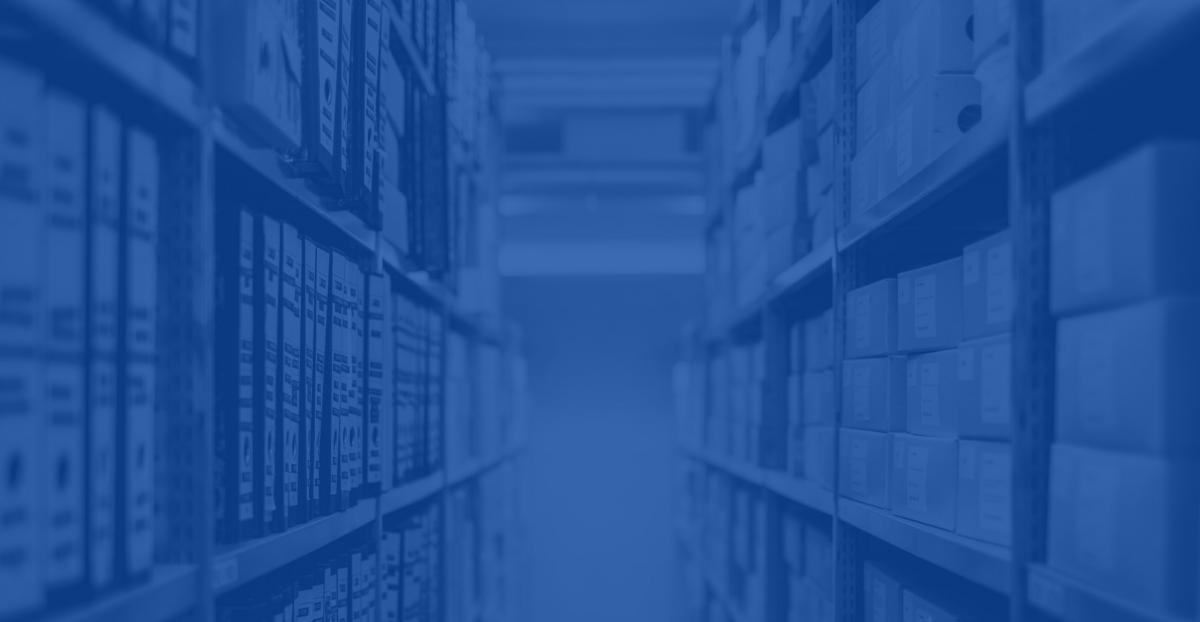The way we do business is changing rapidly. In the past several years, we've seen an exponential increase in the ecommerce marketplace. With this increase, we've also experienced vast changes in the ways business is handled. These changes mean that many B2B retailers and manufacturers are expected to change their operations and make ecommerce a high priority.
The digital B2B experience is increasingly important, and it's critical that the customer journey invites potential clients and turns them into repeat customers. Forbes reports that, "The vast majority of B2B buyers do research online before they contact a company and are 57% of the way through the marketing funnel before they talk to a sales rep." Because so many buyers use the Internet to do research before ever contacting a company, it is crucial that B2B retailers and manufacturers make the customer journey exceptional.
Mirror B2C Experiences
B2C ecommerce is convenient, simple, and comfortable for customers. It allows access to unlimited products and services, more than a customer could find within the walls of a brick-and-mortar building. Ecommerce is fast and takes the hassle out of shopping around in stores.
B2B digital experiences can learn a lot about ecommerce from their B2C counterparts. While the products offered by B2B retailers and manufacturers may differ from those offered by B2C, the experience itself is not much different. By prioritizing your B2B customer journey, you can create a digital experience that customers will feel comfortable using, returning to, and recommending to acquaintances. Some of the most important aspects to consider when constructing your digital B2B experience include:
- Access to product information: Ensure that information on your products is easily accessible and understandable. Make your website simple to navigate so customers can quickly and easily find exactly what they're looking for. If your digital experience is confusing, cluttered, or otherwise difficult to navigate, customers will quickly turn to your competitors.
- Search engine optimization (SEO): In a Forbes contribution, the Young Entrepreneur Council reported that Google's front page receives 95% of all web traffic. With nearly all online traffic interacting with Google, it is crucial that your B2B customer experience is optimized for the search engine. If your site doesn't make Google's first page of search results, many prospective clients will never even see it.
- Simple order management: Access to inventory levels, order history, one-click purchase, and multi-address shipping should all be options for B2B customers.
- Quality customer service: An aspect often overlooked in B2B ecommerce, having quality customer service can mean the difference between losing a customer's business and saving their repeat business. Computers can be finicky, and if a prospective client has trouble with your digital B2B experience, it's important to address their questions and concerns and satisfy their needs however possible. This customer service can be achieved in multiple ways (chatbots, real time messaging, e-mail, telephone, etc.), but ensure whatever customer service system you have in place is helpful, courteous, and prompt; don't leave a customer wondering when, or if, they'll hear back from you.
- Personalized customer experience: Invite customers to return to your website with a personalized experience. Keep track of their order history so they can quickly place reorders, save their shipping and contact information to streamline reorder entry, and stay in touch to make certain they are satisfied with your products and customer service.
Integrating B2C Systems
Many B2C systems are great for streamlining order and reorder entry, accessing customer details and history, filing and storing receipts and invoices, and maintaining contact with clients. Some of the most useful examples of software and systems that can be adapted from B2C to B2B utilization include:
Customer Relationship Management (CRM)
Customer relationship management systems are focused on building and maintaining relationships with both prospective and current clients. With CRM software, businesses can manage customer information efficiently, automate systems to notify customers of special offerings, ensure customer satisfaction with your products, and allow customers to set up automatically recurring reorders for products they need often.
In the B2B world, this makes interactions between your company and your customers more personal, simple, and efficient, and makes your customer experience worth noting. B2B retailers and manufacturers serve a large scope of customers, from small scale, family-run operations to multinational, multi-billion dollar clients. With a CRM system, you can ensure all your customers get the attention they need, building relationships that create long-term business.
Enterprise Resource Planning (ERP)
Enterprise Resource Planning systems are designed to keep every part of an operation synchronized and running smoothly. Customers are important to the B2B customer journey, but your business is equally important. If things on your end aren't working properly, it causes trouble for prospective clients or turns away current customers.
With ERP software and systems, B2B retailers and manufacturers can share standardized, system-wide information, different departments can coordinate efficiently, and executives can view how everything is working together and what needs improvement or attention.
A quality, digital B2B customer experience is important for retailers and manufacturers. Integrating software platforms and solutions like CRM and ERP, along with a well-crafted, accessible, reliable website creates an inviting and professional digital experience for your customers.


